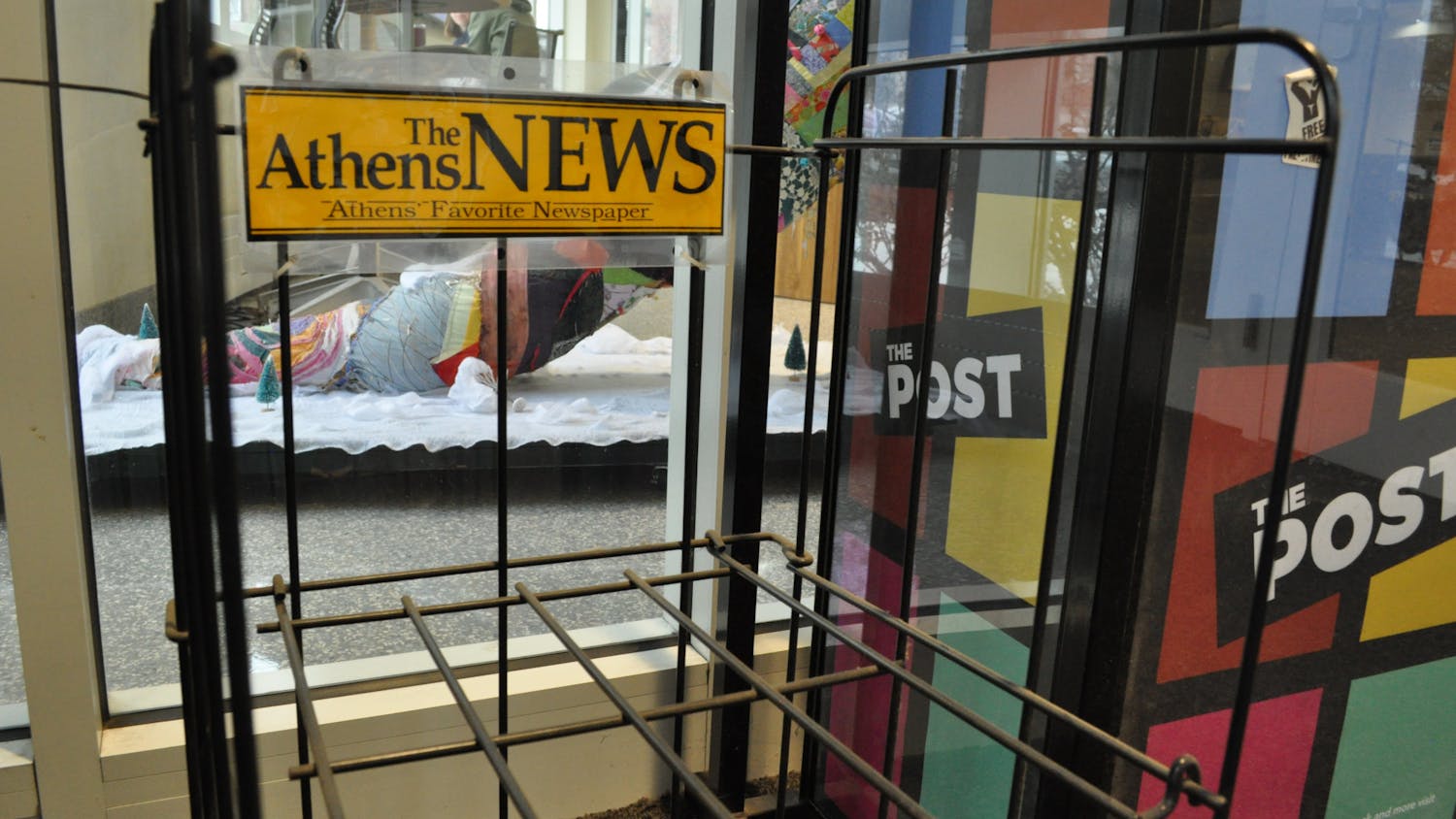Clarification appended.
The president of the Ohio University Student Senate said Monday that OU risks increasing the cost of its health insurance premiums by about 13% unless charges are made to the plan’s benefits.
President Lydia Ramlo gave a comprehensive presentation on OU’s current health insurance option and other options being considered in response to questions that arose from last week’s discussion on increasing health insurance costs.
Last year, OU’s insurance costs rose by about 30%, Ramlo said. Increasing costs aren’t just an issue at OU, however. Ramlo said it’s part of a wider national trend, and costs are also based on outside factors.
“Athens is located in Southeast Ohio,” Ramlo said. “We have a lack of health services.”
Under the current plan, students pay $2,783 in premiums, a $150 deductible and $1,500 in out-of-pocket costs. Ramlo said for the 2020-2021 plan, the Student Health Insurance committee is looking at how it can adjust the plan’s current benefits in order to keep students safe and lower the premium costs.
Currently, since most students don’t hit the out-of-pocket maximum, they cannot take advantage of the superior benefits university health care offers, Ramlo said.
One way the premiums may be lowered is through increasing the amount of credit hours a student must be taking to qualify for the student health insurance plans. Currently, any student taking at least one hour qualifies. A new plan could increase that number to five credit hours in an attempt to stop high school students taking a single class at OU from taking advantage of the benefits.
Majed Zailaee, a PhD student in the mathematics department, also spoke out about the high costs of health insurance for international students.
Zailaee said all international students want good health insurance, but work regulations make it difficult.
International students are constrained to a maximum 20-hour work week by law, according to a previous Post report. That makes making the money to pay for a health insurance plan difficult, Zailaee said.
Zailaee also said most doctoral and graduate students hear about OU from word of mouth. With the current issues with health insurance costs, Zailaee no longer feels comfortable telling his friends to consider attending the university.
“I’ll think twice before I recommend OU to anyone,” he said. “It’s okay to tell the students if there’s nothing that can be done so they can see their other options.”
Student Senate also passed a resolution in favor of the university phasing out the emergency blue lights on campus.
All 71 emergency blue light phones will be phased out as they become inoperable, according to a previous Post report. The proposal still needs to be approved by the university before it becomes a plan. If approved, the lights will be phased out because they are rarely used. Instead, safety focuses will be redirected toward the new Bobcat Safe app.
“(The blue lights are) not accessible,” Women’s Affairs Commissioner Maxeen Ramlo said. “They’ve never been used in an emergency.”
Clarification: The article was update to explain the emergency blue light phone proposal.






